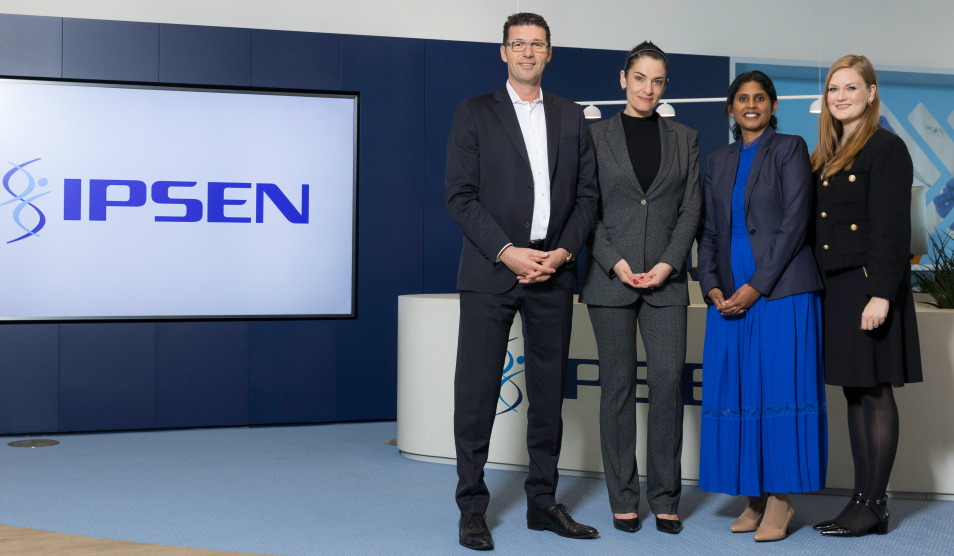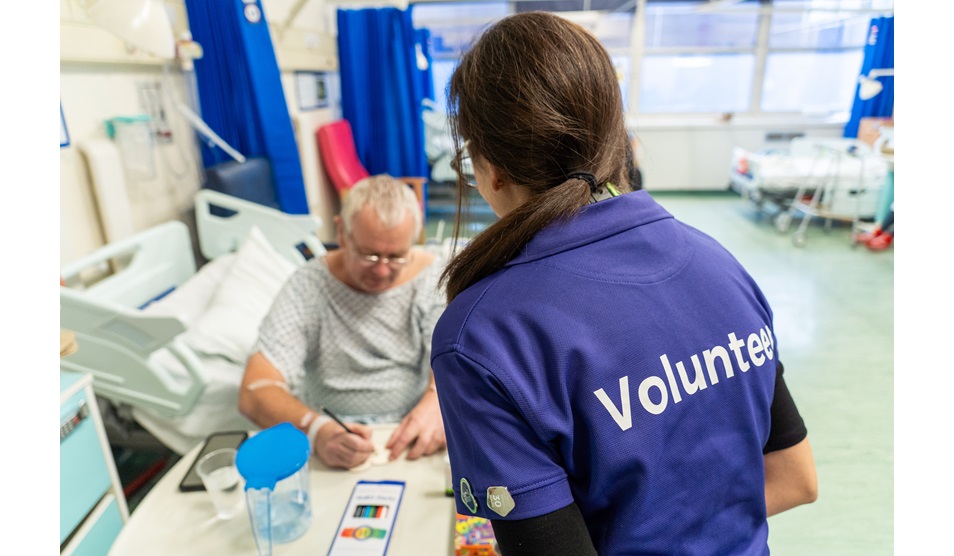Rapid coronavirus tests to support urgent patient care
Imperial College Healthcare has started to use rapid lab-free coronavirus tests, known as DnaNudge, in A&E, oncology and maternity in order to provide the best care to patients who may be less able to plan their visit to hospital.
Over the last few weeks patients in A&E at St Mary’s, and staff in the staff testing facility, have used DnaNudge to help validate the test, which has been shown to have a very high level of accuracy. This now means the test can be used more widely in clinical care. The tests are simple to carry out; a sample is placed into a cartridge that extracts the genetic material from the virus if it is present and analyses it to provide a result directly to the clinician at the point of care.
The DnaNudge test is a polymerase chain reaction (PCR) test, which creates billions of copies of the genetic material in the virus so that there is enough that it can be detected and analysed. This is the same type of test that is used widely across the country to detect whether a person is currently infected with the virus, but rather than sending the sample to the lab for analysis, which takes 12-24 hours, the result is returned in around one hour and within the clinical setting.
An additional feature of the test is that it can detect human RNA. One of the main reasons for a false negative test with routine PCR is an inadequate sample. It's not normally possible to tell the difference between a sample that has hasn’t been taken well (without enough material to detect virus) from one where there is no virus present. In the DnaNudge test if there is insufficient human RNA present, the test can alert the clinician that the swab was inadequate and it can be repeated quickly.
Dr Bob Klaber, Director of Strategy, Research and Innovation at Imperial College Healthcare said: ‘Rapid and accurate testing is an absolutely critical component of any strategy to tackle Covid-19 in the long term. It will help us to ensure our staff and patients remain safe, allowing us to resume planned surgery and other important services. DnaNudge has the potential to be a genuine game changer and we are already starting to utilise it in some of the areas, such as maternity and A&E, where the speed of testing has the most impact for patients. For example, expectant mothers who may exhibit mild symptoms during labour can be tested quickly to ensure that the best and safest course of action for both them and their baby is taken and that they are not separated from their baby unnecessarily.’
The ground-breaking DnaNudge test has now received approval for clinical use by the Medicines and Healthcare Products Regulatory Agency (MHRA) after successful patient trials. Initially it will be used in patient settings where a quick result has the biggest impact for the patient care pathway. At Imperial College Healthcare it is being used in A&E, oncology and maternity in the first instance, where patients may be in less of a position to plan their visit and therefore a rapid test means important decisions about care can be made more quickly. Further plans are being made to extend the test to other services.
It is hoped that the test could eventually be deployed nationally for everything from NHS staff screening and urgent patient care to pre-elective surgery and home testing applications.
Professor Chris Toumazou FRS, CEO and co-founder of DnaNudge and founder of the Institute of Biomedical Engineering at Imperial College London comments: “The truly ground-breaking innovations in this DnaNudge test are its high level of accuracy and its throughput of around an hour – direct from sample to result, with no manual steps required. This makes it the only non-lab, non-human interaction Point-of-Care solution available, and this is why it is being rapidly adopted by senior clinicians to deliver fast, reliable results that make a huge difference to the care and safety of both patients and staff.”



